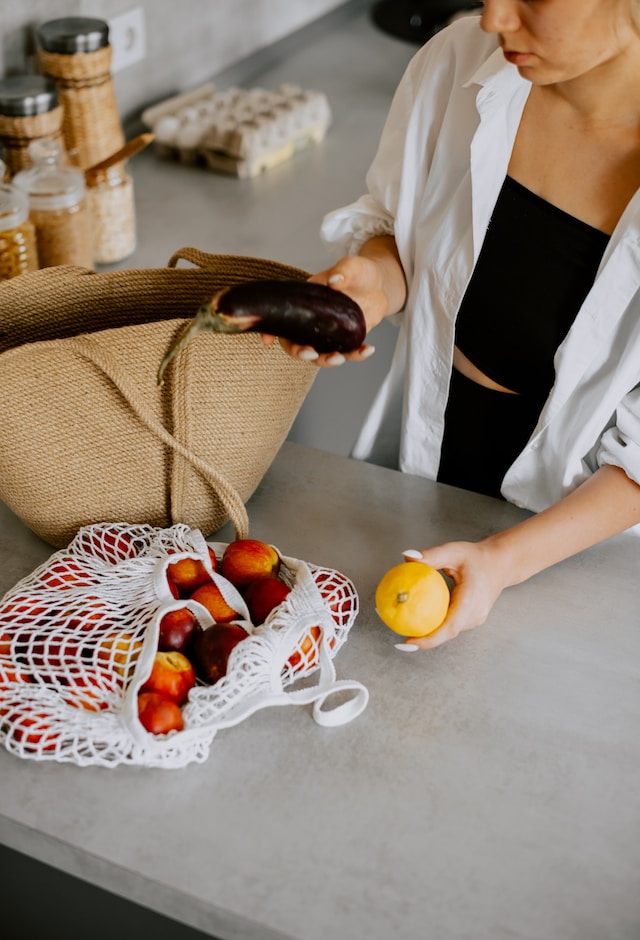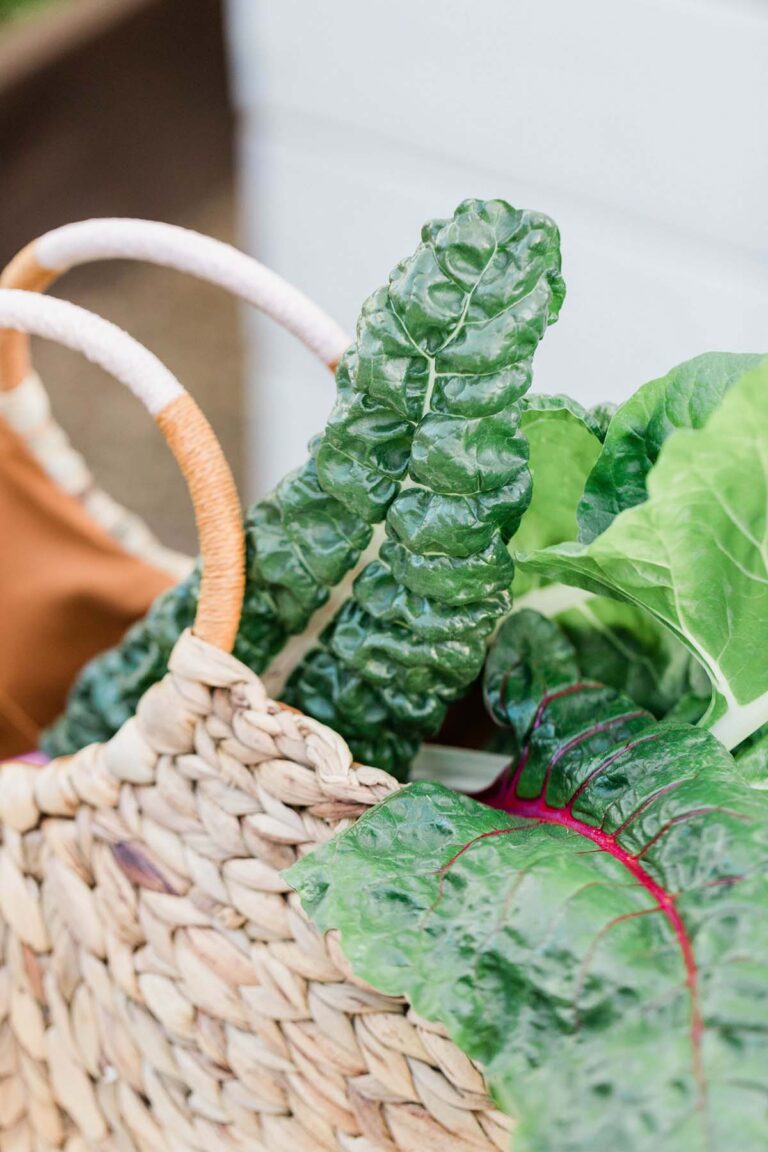Mastering Plant-Based Shopping on a Budget: The Ultimate Guide
Eating plant-based on a budget is not only possible but also easy with the right strategies. By shopping smart and making use of affordable ingredients, you can enjoy delicious and nutritious meals without breaking the bank.
One of the best ways to save money on plant-based shopping is to focus on whole foods, such as fruits, vegetables, whole grains, and legumes.
These foods are not only affordable but also packed with nutrients that can support your health.
Additionally, buying these foods in bulk can help you save even more money in the long run. With a little bit of planning and creativity, you can enjoy a healthy and satisfying plant-based diet without overspending.

Defining Plant-Based Diet
A plant-based diet is centered around foods derived from plants, such as vegetables, fruits, whole grains, legumes, nuts, and seeds.
It is a diet that minimizes or eliminates animal products, including meat, dairy, and eggs. However, there is no one-size-fits-all definition of a plant-based diet, and it can vary depending on the individual’s preferences and beliefs.
Some people follow a vegan diet, which excludes all animal products, while others may include small amounts of meat or dairy in their diet. It is important to note that a plant-based diet is not synonymous with a vegetarian or vegan diet.

Health Benefits of a Plant-Based Diet
Research has shown that a plant-based diet can have numerous health benefits. It can lower the risk of chronic diseases, such as heart disease, type 2 diabetes, and certain types of cancer.
Plant-based diets are also typically lower in saturated fat and cholesterol and higher in fiber, vitamins, and minerals.
In addition to the health benefits, a plant-based diet can also be more sustainable and environmentally friendly. It requires fewer resources and produces fewer greenhouse gas emissions compared to a diet that includes a lot of animal products.
Overall, a plant-based diet can be a healthy and sustainable choice for you and the planet. However, it is important to make sure you are getting all the necessary nutrients by including a variety of plant-based foods in your diet.

Planning Your Plant-Based Shopping
When it comes to plant-based shopping on a budget, planning is key. By creating a meal plan and shopping list, you can save time and money while ensuring that you have all the ingredients you need for healthy and delicious meals throughout the week.
Creating a Meal Plan
Start by creating a meal plan for the week. This can help you avoid impulse purchases and ensure that you have a balanced and varied diet.
Look for recipes that use affordable and seasonal ingredients, and consider batch cooking to save time and money.
When planning your meals, make sure to include a variety of plant-based protein sources such as beans, lentils, tofu, and tempeh.
These are often more affordable than animal-based proteins and can be just as satisfying and nutritious.
Making a Shopping List
Once you have your meal plan, it’s time to make a shopping list. This will help you stay on track and avoid buying unnecessary items.
Start by checking your pantry and fridge to see what you already have on hand, and then make a list of the ingredients you need for the week.
When making your shopping list, consider buying in bulk to save money. Staples such as rice, beans, and whole grains can be purchased in larger quantities and stored for later use.
Look for sales and discounts on fresh produce, and consider buying frozen fruits and vegetables when they are not in season.
To make your shopping list even more effective, organize it by section of the store. This can help you save time and avoid backtracking.
For example, group all your produce items together, then your grains, then your canned goods, and so on.

Budgeting for Plant-Based Shopping
When transitioning to a plant-based diet, it’s important to consider how it will impact your grocery budget. Here are some tips to help you budget for plant-based shopping:
Setting a Budget
The first step in budgeting for plant-based shopping is to determine how much you can afford to spend on groceries each month.
Look at your monthly income and expenses to see how much you have left over for food. Consider setting a specific budget for groceries and stick to it as much as possible.
To make the most of your budget, focus on buying whole, unprocessed foods such as fruits, vegetables, whole grains, and beans.
These foods are typically less expensive than processed foods and can be used in a variety of dishes. Buying in bulk can also help you save money in the long run.
Tracking Expenses
Tracking your grocery expenses can help you stay within your budget and identify areas where you can cut back.
Keep a record of everything you spend on groceries, including receipts and online orders. At the end of each month, review your expenses and look for ways to reduce your spending.
Consider using a budgeting app or spreadsheet to help you track your expenses. This can make it easier to see where your money is going and identify areas where you can make changes.

Smart Shopping Strategies
When shopping for plant-based foods on a budget, it’s important to have a plan in place to ensure you get the most out of your money.
Here are some smart shopping strategies to help you save money while still enjoying delicious and nutritious plant-based meals.
Buying in Bulk
Buying in bulk is a great way to save money on plant-based staples like grains, beans, and nuts. These items have a long shelf life and can be stored in airtight containers for several months.
Consider purchasing these items from bulk bins at your local grocery store or health food store. You can also buy in bulk online from retailers like Amazon or Thrive Market.
Choosing Seasonal Produce
Choosing seasonal produce is another way to save money on plant-based foods. When produce is in season, it’s often more abundant and less expensive.
Plus, seasonal produce is often fresher and more flavorful than out-of-season produce that has been shipped from far away. Check your local farmer’s market or grocery store for seasonal produce options.
Utilizing Coupons and Discounts
Utilizing coupons and discounts is a great way to save money on plant-based foods. Check your local grocery store’s weekly ad for deals on plant-based staples like tofu, tempeh, and plant-based milks.
You can also sign up for rewards programs or download apps like Ibotta or Checkout 51 to earn cash back on your purchases. Don’t forget to check online for coupons and discount codes before making a purchase.

Plant-Based Pantry Essentials
When it comes to stocking a plant-based pantry on a budget, it’s important to focus on versatile and nutrient-dense ingredients that can be used in a variety of meals. Here are some essentials that you should consider adding to your pantry:
Grains and Legumes
Grains and legumes are affordable, filling, and packed with protein and fiber. They can be used in a variety of dishes, from soups and stews to salads and wraps. Here are some options to consider:
- Brown rice
- Quinoa
- Lentils
- Chickpeas
- Black beans
- Oats
- Whole wheat pasta
Fruits and Vegetables
Fruits and vegetables are the cornerstone of a healthy plant-based diet. They provide essential vitamins, minerals, and antioxidants, and can be used in a variety of dishes. Here are some affordable options to consider:
- Bananas
- Apples
- Oranges
- Carrots
- Broccoli
- Spinach
- Kale
- Sweet potatoes
Nuts and Seeds
Nuts and seeds are a great source of healthy fats, protein, and fiber. They can be used in a variety of dishes, from smoothies and salads to baked goods and snacks. Here are some affordable options to consider:
- Almonds
- Walnuts
- Chia seeds
- Flaxseeds
- Pumpkin seeds
- Sunflower seeds
Herbs and Spices
Herbs and spices are an easy way to add flavor to plant-based dishes without adding extra calories or sodium.
They can be used in a variety of dishes, from soups and stews to roasted vegetables and dips. Here are some affordable options to consider:
- Garlic
- Onion powder
- Cumin
- Paprika
- Oregano
- Basil
- Thyme
- Rosemary
By stocking your pantry with these affordable and versatile ingredients, you’ll be able to create a variety of delicious and nutritious plant-based meals without breaking the bank.

To Sum It Up
Eating plant-based on a budget is definitely doable. By following some simple tips, you can save money while still eating delicious and healthy meals.
First, plan your meals and make a grocery list before you go shopping. This will help you avoid impulse buys and ensure that you only purchase what you need.
Next, focus on buying whole foods like fruits, vegetables, legumes, and grains. These foods are typically less expensive than processed or packaged foods.
When shopping for produce, try to buy what’s in season. This will not only save you money but also ensure that you’re getting the freshest produce available.
Buying in bulk is another great way to save money. Look for bulk bins at your grocery store and stock up on items like beans, rice, and nuts.
Finally, don’t be afraid to shop at discount stores or buy generic brands. These options can often be just as good as name brands but at a lower cost. Happy shopping!





